コールマンColemanランタン用【ステンレス メッシュグローブ(M)】
(税込) 送料込み
商品の説明
コールマンColemanランタン用のステンレス メッシュグローブ(M)になります。282/285/286/288/5154A,B用や、CL1/CL2などに適合します。
ほとんど使用せずに、保管しておりました。
コレクション整理に伴い、出品致します。
即購入OKです。
宜しくお願い致します。商品の情報
| カテゴリー | アウトドア・釣り・旅行用品 > アウトドア > ライト・ランタン |
|---|---|
| ブランド | コールマン |
| 商品の状態 | 目立った傷や汚れなし |

コールマン Coleman 日本製 割れない ステンレス製 中型 メッシュグローブ No.4相当 286 286A 288 288A 282 285 335 321 325 Colmax
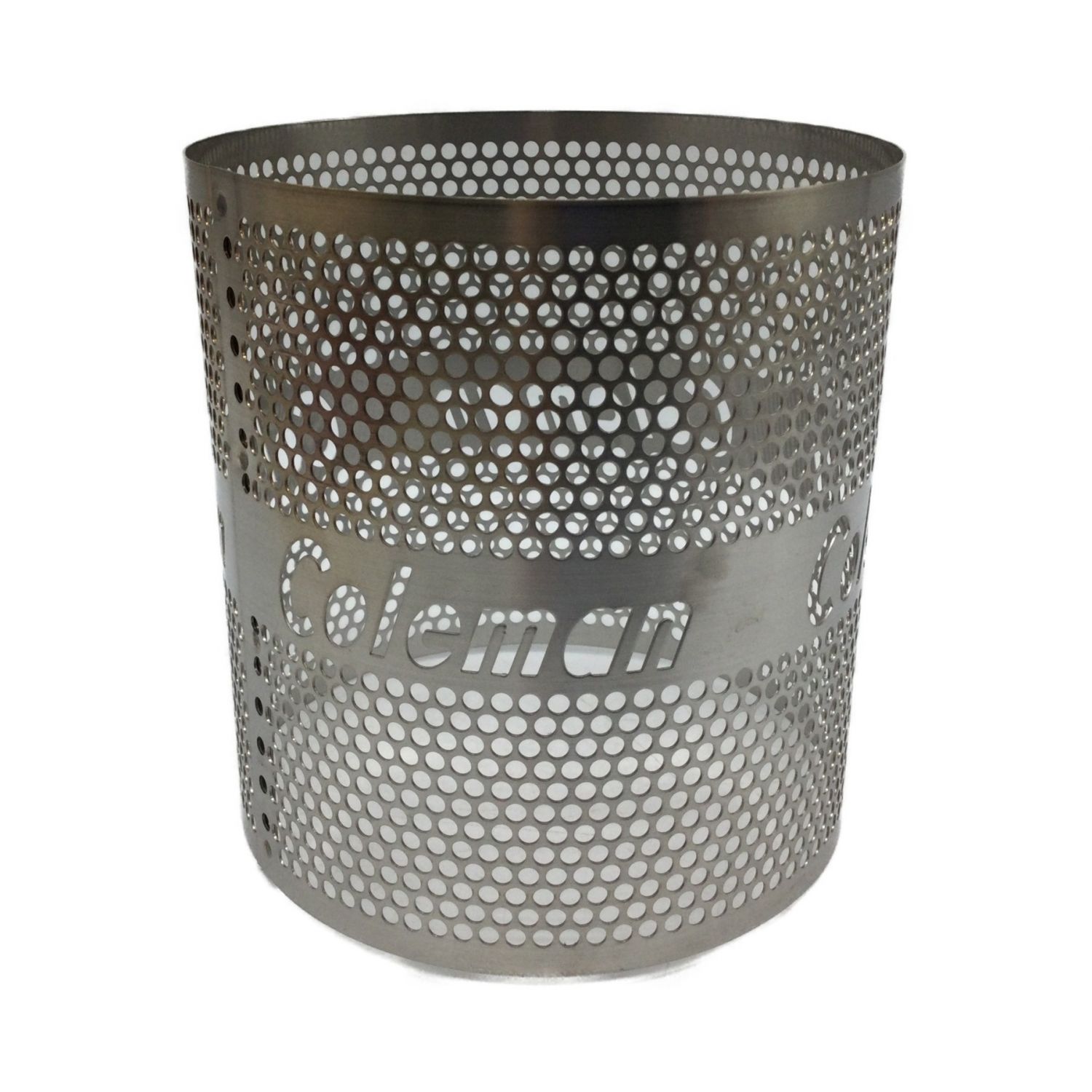
Coleman (コールマン) ランタンアクセサリー ステンレスメッシュ

新品)コールマン ステンレスメッシュグローブ M - ライト/ランタン

新発売 新品)コールマン ステンレスメッシュグローブ M コールマン
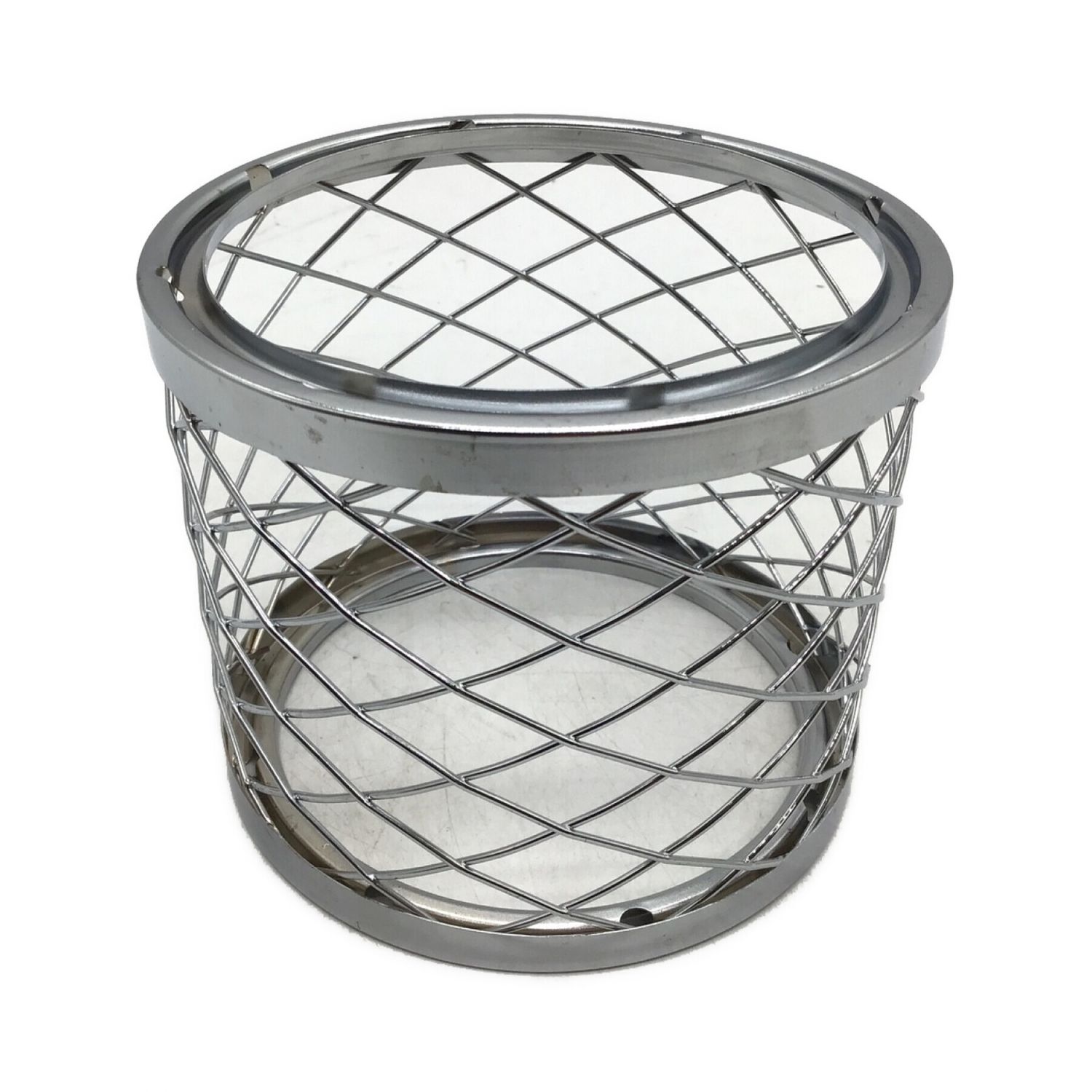
コールマン ランタン メッシュグローブガードMスポーツ/アウトドア

コールマンColemanランタン用【ステンレス メッシュグローブ(L
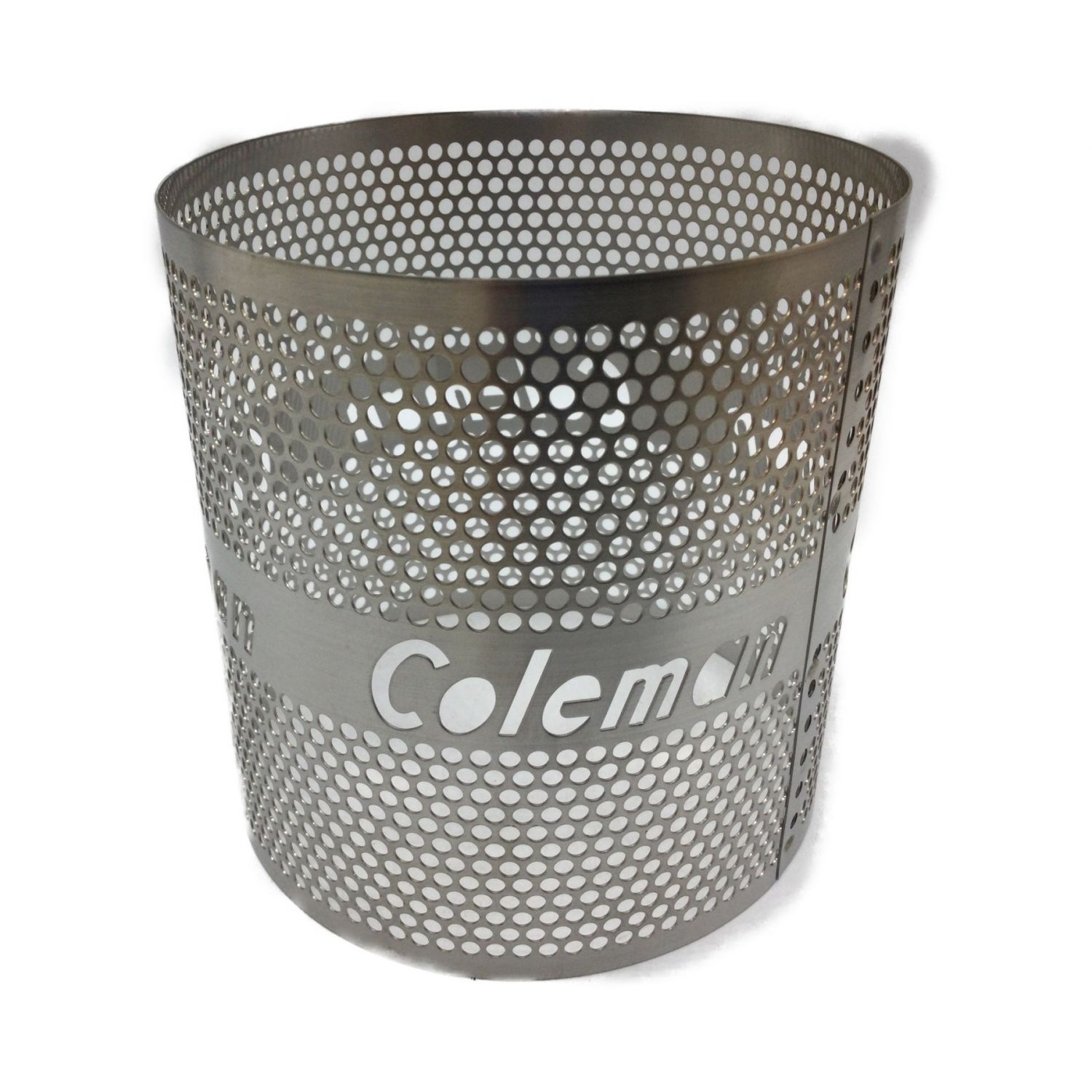
Coleman (コールマン) ランタンアクセサリー ステンレスメッシュ

Amazon | コールマン Coleman 日本製 割れない ステンレス製 小型

アウトドア希少廃盤!新品コールマン ステンレスメッシュグローブM 286

希少廃盤!新品コールマン ステンレスメッシュグローブM 286など | フリマアプリ ラクマ
お安い!大中小の3個セット!>ステンレス製 メッシュグローブ3個

アウトドア希少廃盤!新品コールマン ステンレスメッシュグローブM 286
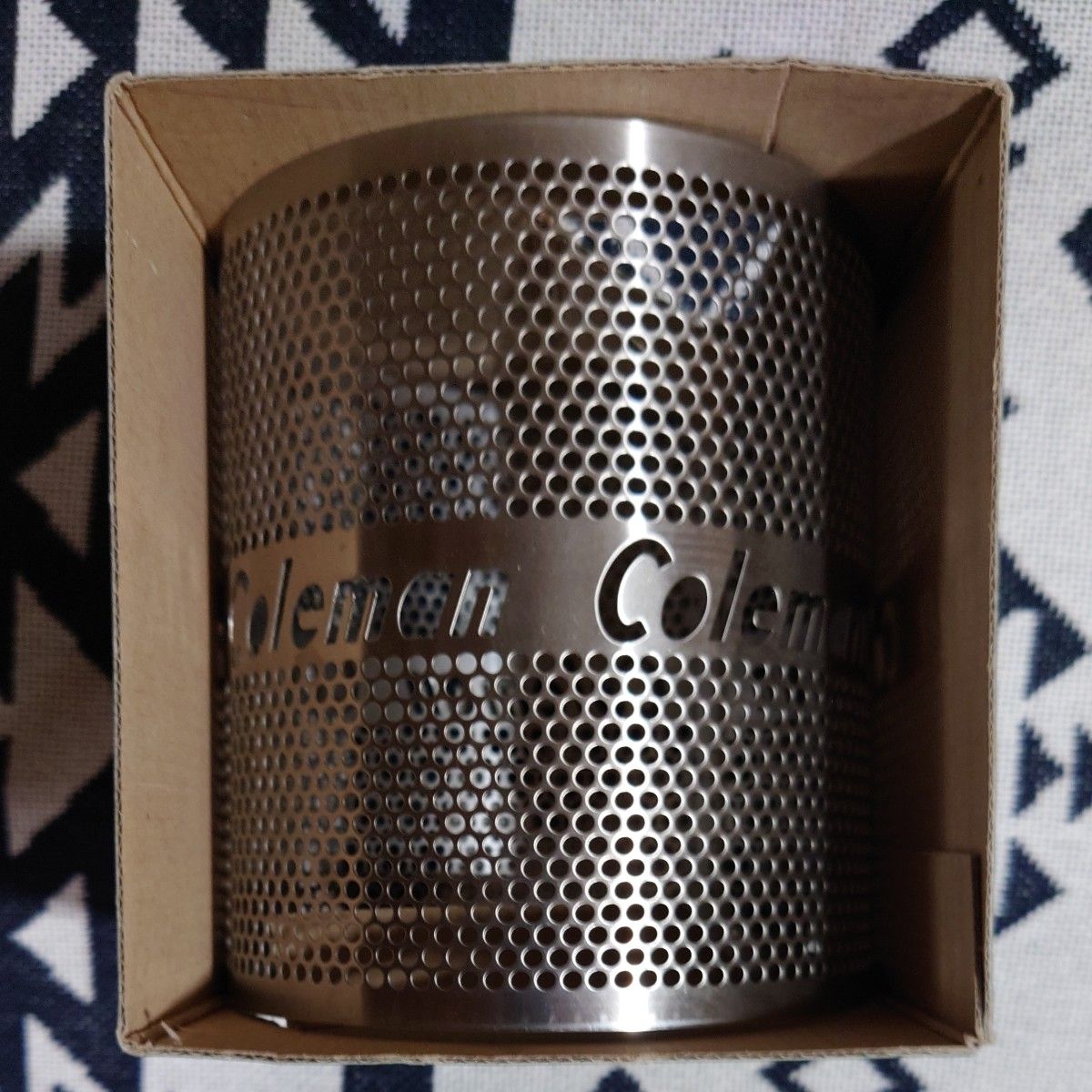
廃盤 コールマン ステンレスメッシュグローブ L-

コールマン ステンレスメッシュグローブ M - ライト/ランタン

Yahoo!オークション -「コールマンメッシュグローブ」の落札相場・落札価格
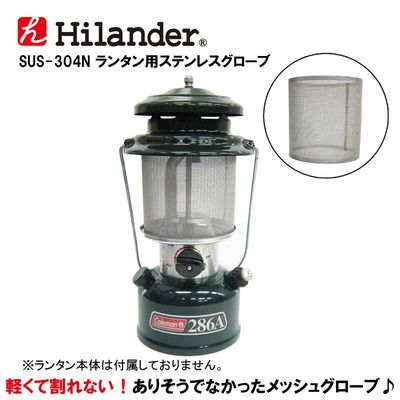
OUTDOOR BASE:軽い!!割れない!!オリジナルランタングローブが登場!!

希少廃盤!新品コールマン ステンレスメッシュグローブM 286など

Yahoo!オークション -「コールマンメッシュグローブ」の落札相場・落札価格

Coleman - コールマン ランタン メッシュグローブガードMの+solo-truck.eu

コールマンColemanランタン用【ステンレス メッシュグローブ(L
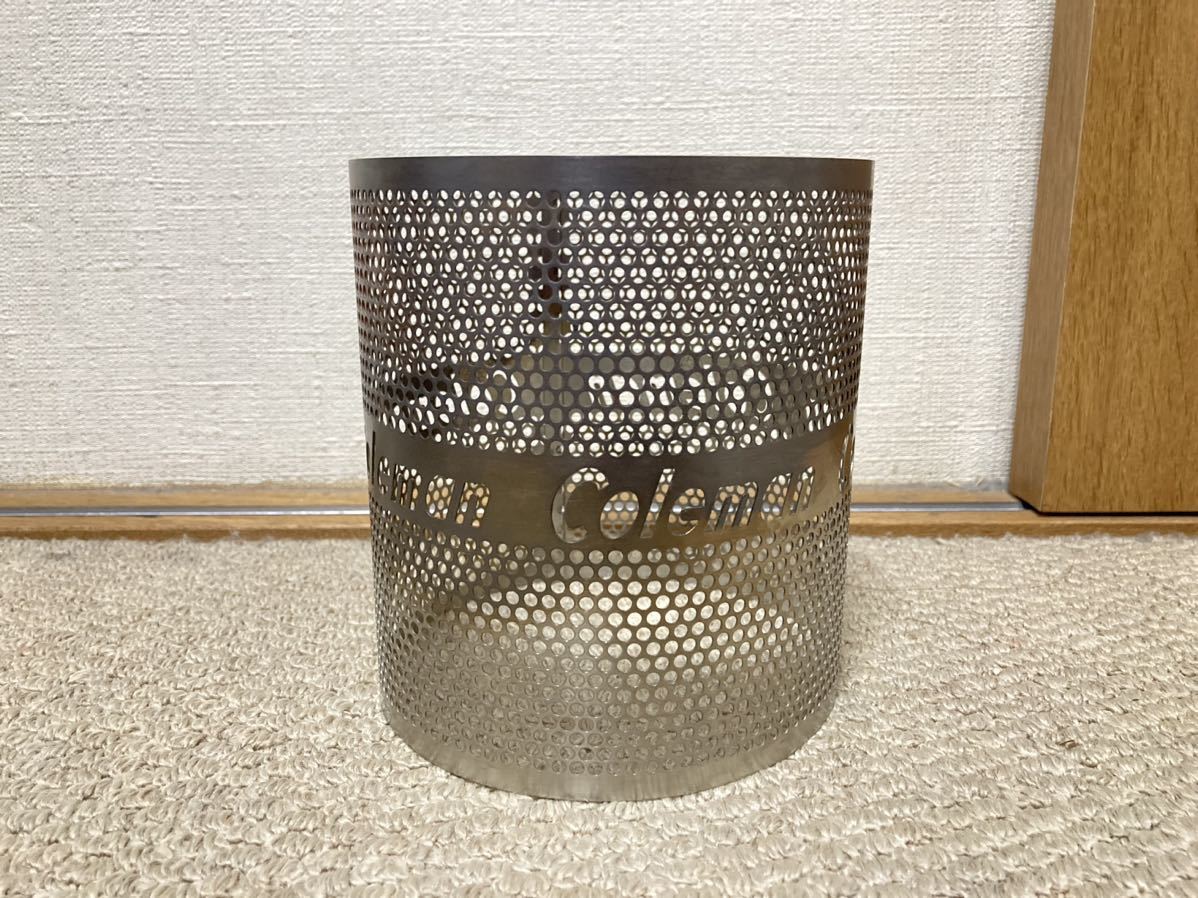
廃盤 コールマン ステンレスメッシュグローブ L-

希少廃盤!新品コールマン ステンレスメッシュグローブM 286など

コールマン ランタン メッシュグローブガードMスポーツ/アウトドア

Amazon | コールマン Coleman 日本製 割れない ステンレス製 小型
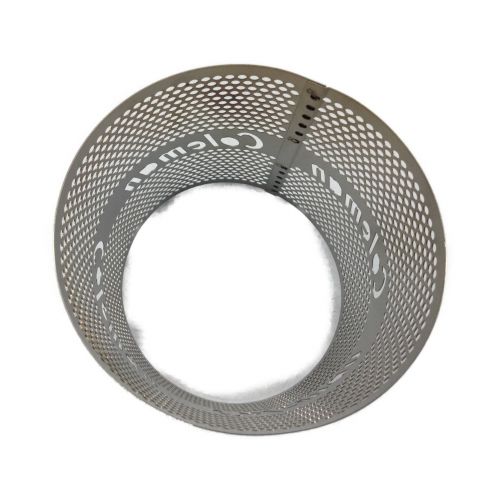
Coleman (コールマン) ランタンアクセサリー ステンレスメッシュ

コールマンColemanランタン用【ステンレス メッシュグローブ(L

廃盤 コールマン ステンレスメッシュグローブ L-

Coleman - 希少廃盤!新品コールマン ステンレスメッシュグローブM 286
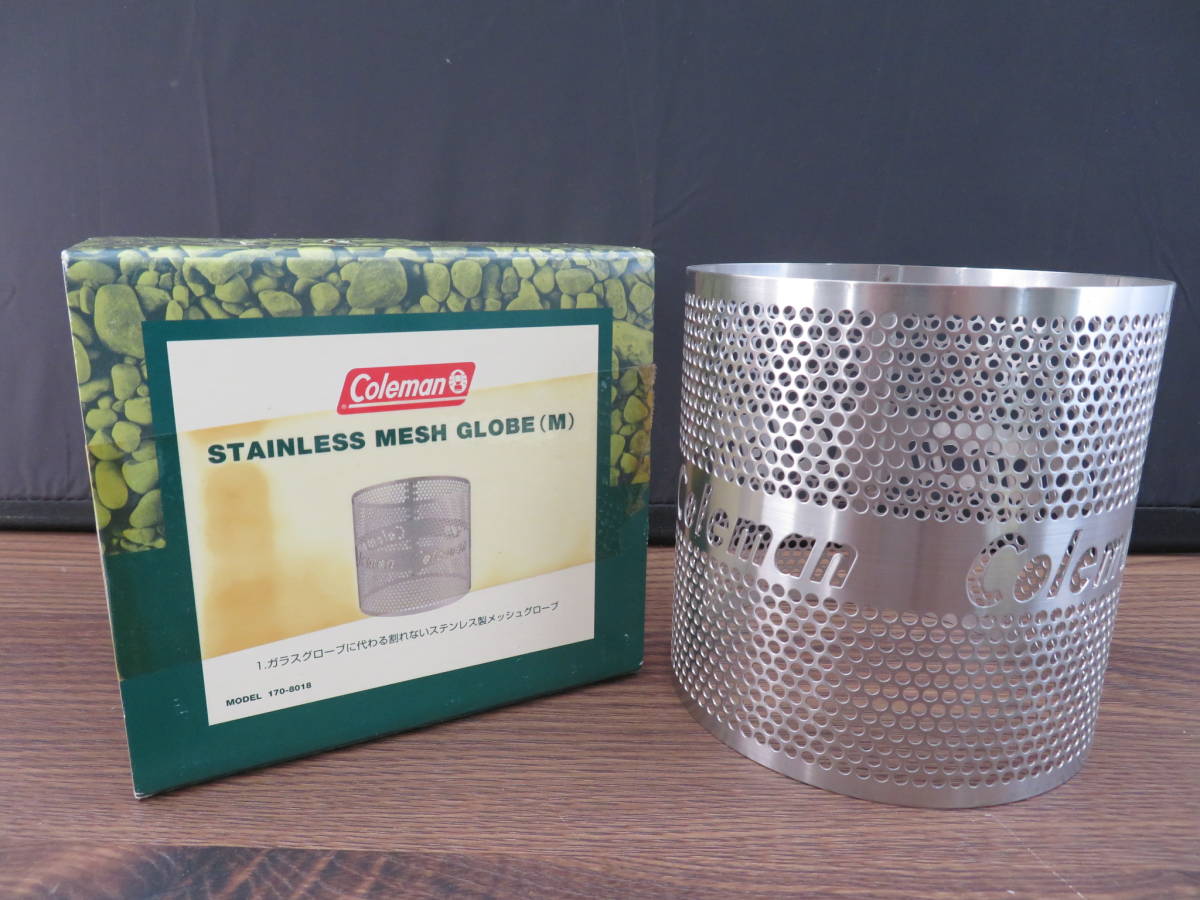
Yahoo!オークション -「コールマンメッシュグローブ」の落札相場・落札価格

Amazon | コールマン Coleman 日本製 割れない ステンレス製 小型

Coleman (コールマン) ランタンアクセサリー ステンレスメッシュ

コールマンColemanランタン用【ステンレス メッシュグローブ(L

Yahoo!オークション -「コールマンメッシュグローブ」の落札相場・落札価格
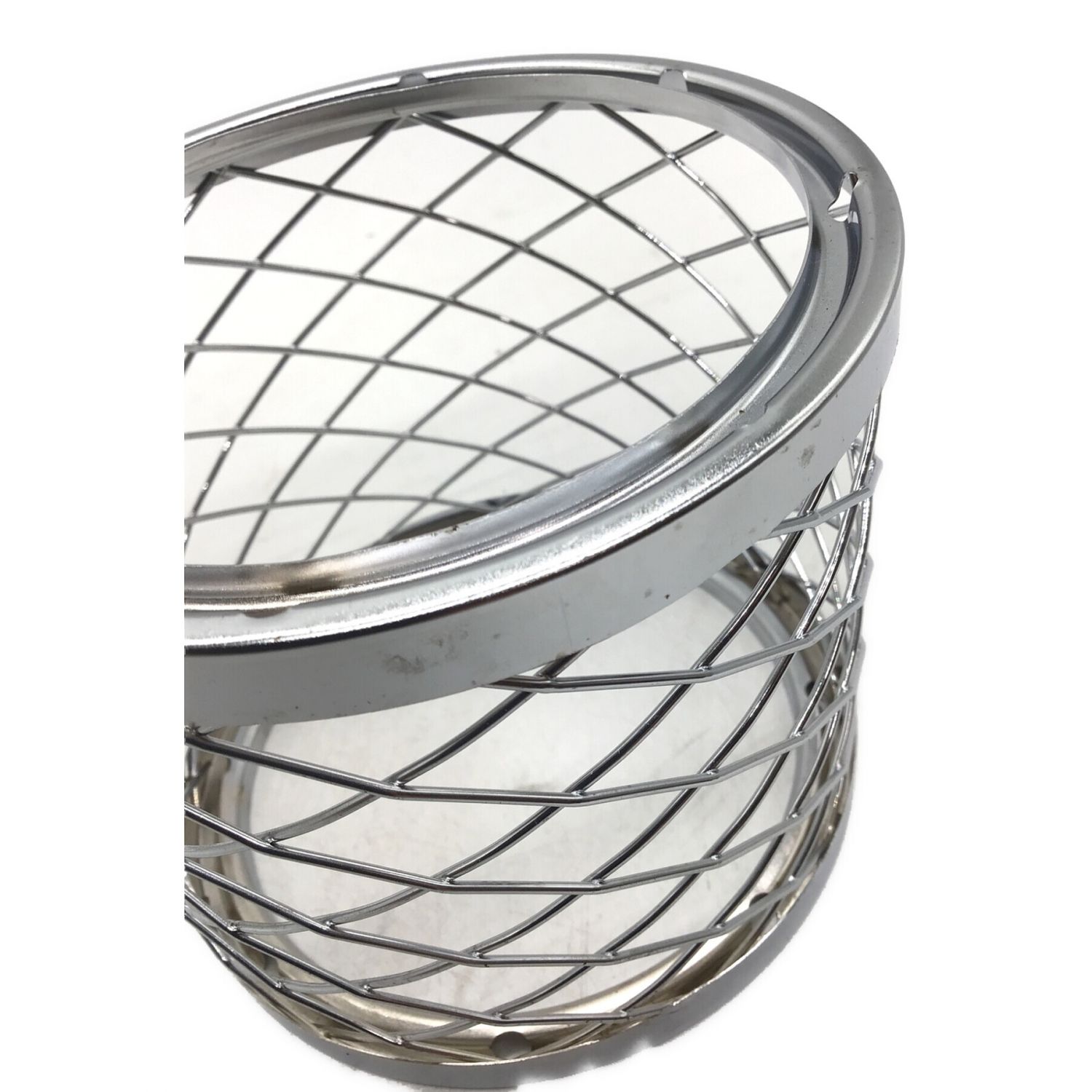
Coleman (コールマン) ランタンアクセサリー 廃盤品 メッシュグローブ

2024年最新】コールマン メッシュ グローブの人気アイテム - メルカリ

アウトドア希少廃盤!新品コールマン ステンレスメッシュグローブM 286

コールマン メッシュグローブガード M 286/288/282/285用 未使用

Coleman - 希少廃盤!新品コールマン ステンレスメッシュグローブM 286
お安い!大中小の3個セット!>ステンレス製 メッシュグローブ3個
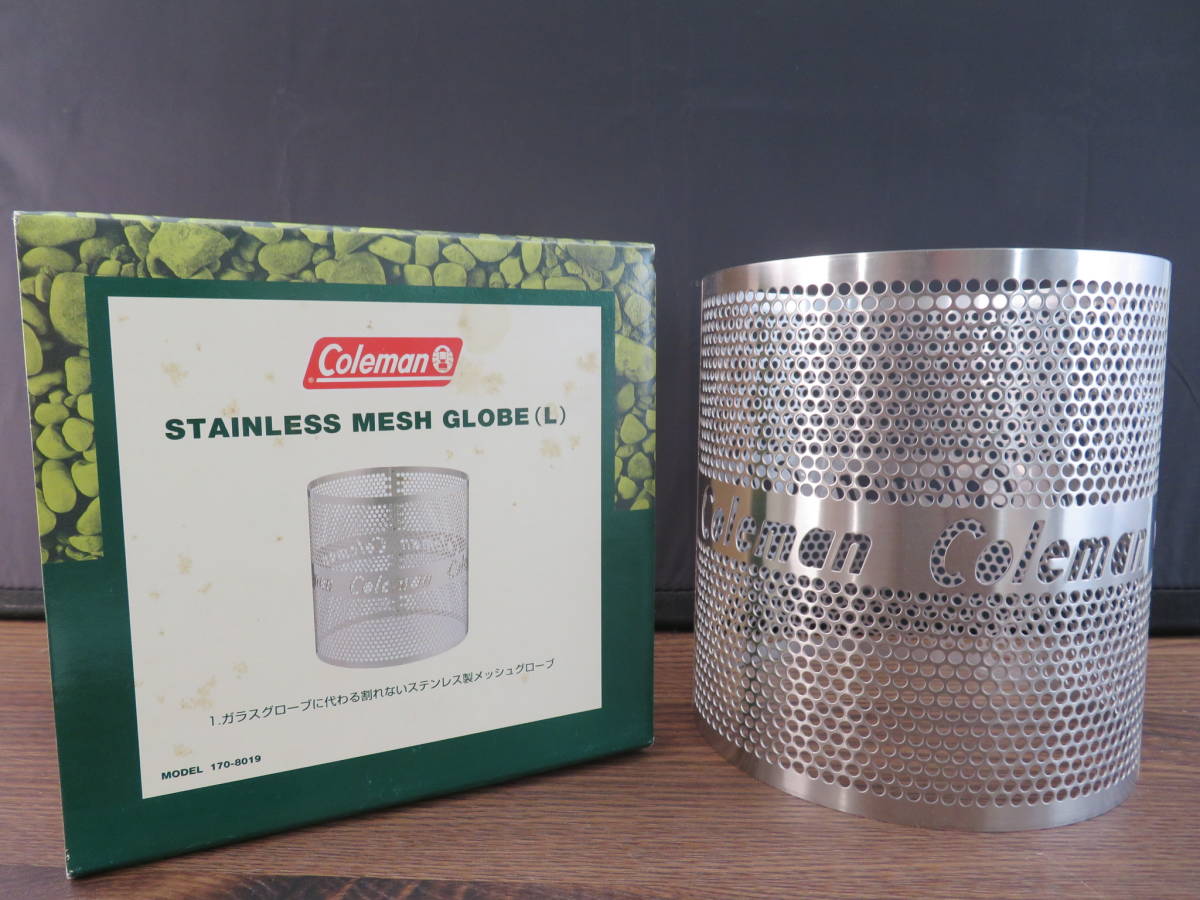
Yahoo!オークション -「コールマンメッシュグローブ」の落札相場・落札価格



商品の情報
メルカリ安心への取り組み
お金は事務局に支払われ、評価後に振り込まれます
出品者
スピード発送
この出品者は平均24時間以内に発送しています














